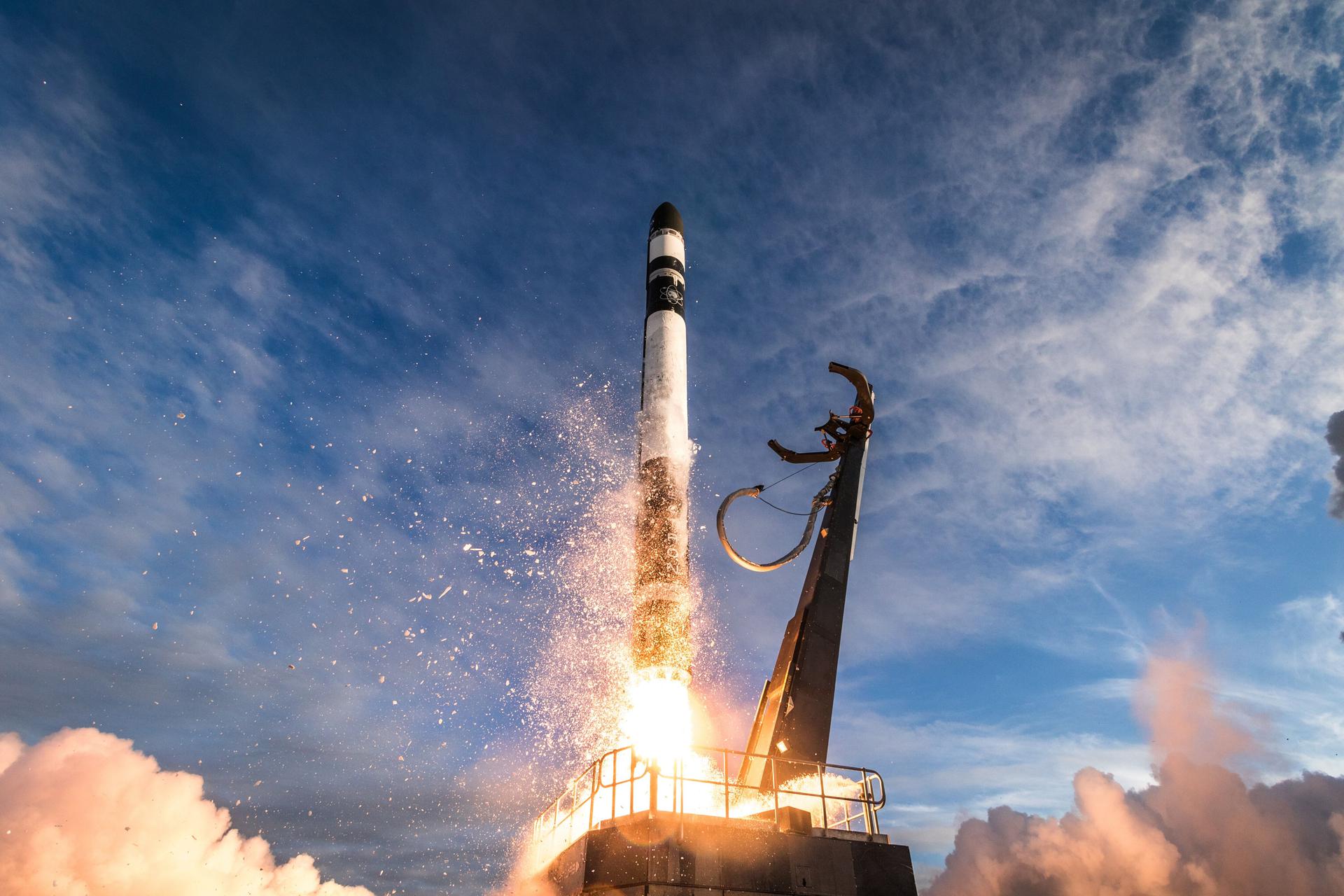STP-27RD (That's a Funny Looking Cactus)
Electron
Rocket Lab
Mission
STP-27RD
- Type: Dedicated Rideshare
- Orbit: Low Earth Orbit
- Launch Cost: $6,000,000
The mission has been procured by the DoD Space Test Program in partnership with Defense Innovation Unit (DIU) as part of its Rapid Agile Launch Initiative .The payload consists of three satellites, SPARC-1, Falcon ODE and Harbinger, that will deployed in a precise sequence. The Space Plug and Play Architecture Research CubeSat-1 (SPARC-1) mission, sponsored by the Air Force Research Laboratory Space Vehicles Directorate (AFRL/RV), is a joint Swedish-United States experiment to explore technology developments in avionics miniaturization, software defined radio systems, and space situational awareness (SSA). The Falcon Orbital Debris Experiment (Falcon ODE), sponsored by the United States Air Force Academy, will evaluate ground-based tracking of space objects. Harbinger, a commercial small satellite built by York Space Systems and sponsored by the U.S Army, will demonstrate the ability of an experimental commercial system to meet DoD space capability requirements.
Location
Rocket Lab Launch Complex 1A
Onenui Station, Mahia Peninsula, New Zealand
Rocket Lab Launch Complex 1A has witnessed the launch of 26 rockets, including 26 orbital launch attempts, while Onenui Station, Mahia Peninsula, New Zealand, has been the site for 42 rocket launches.
Rocket
Rocket Lab Electron
Electron is a two-stage orbital expendable launch vehicle (with an optional third stage) developed by the American aerospace company Rocket Lab. Electron is a small-lift launch vehicle designed to launch small satellites and cubesats to sun-synchronous orbit and low earth orbit. The Electron is the first orbital class rocket to use electric-pump-fed engines, powered by the 9 Rutherford engines on the first stage. It is also used as a suborbital testbed (called HASTE) for hypersonics research.
Agency
Rocket Lab
Rocket Lab is an American aerospace manufacturer with a wholly owned New Zealand subsidiary. The company develops lightweight, cost-effective commercial rocket launch services. The Electron Program was founded on the premise that small payloads such as CubeSats require dedicated small launch vehicles and flexibility not currently offered by traditional rocket systems. Its rocket, the Electron, is a light-weight rocket and is now operating commercially. The company is also producing a variety of spacecrafts and spacecrafts components.



